Administrative Solutions
Hospital Information System (HIS) Administrative Solutions offer an integrated structure that manages all administrative processes of healthcare facilities, such as accounting, finance, patient management, purchasing and human resources. It increases the efficiency of healthcare facilities by enabling administrative workflows within the scope of outpatient and inpatient treatments to be managed, adhering to HIMSS Stage 7 standards.
Benefits and Innovations
Hospital Information System (HIS) enhances workflow efficiency in healthcare facilities' administrative and financial operations by digitizing processes. These systems are designed to streamline processes such as billing, accounting and staff management, boosting their productivity and automating routine tasks. Furthermore, they simplify the management of insurance and reimbursement processes, ensuring that their financial workflows are both efficient and seamless. With real-time data and analytical reporting, HIS improves the performance of healthcare facilities, enables quick decisions and provides the highest level of efficiency.
Benefits
- Effective Workflow Management
- Saving Time and Resources
- Error Mitigation
- Compatibility and Safety
- High Data Privacy
- Cost Effectiveness
- Comprehensive Administrative Planning
- Real-Time Data Sharing
- Integrated Administrative Processes
- Advanced Analytics and Reporting
Innovations
- Extensible Modular System Design
- Interoperable Approach
- Cloud and On-Premises Infrastructure
- Integration With All Requested Systems
- Data Analytics and AI Integration
Efficient Administrative Process Management:
Hospital Information System (HIS) Administrative Solutions
Hospital Information System (HIS) Administrative Solutions are designed to manage the administrative operations and workflows of healthcare facilities more efficiently. Through the digitalization of administrative workflows, resource planning, financial management and advanced reporting capabilities, the system ensures effective administrative management at every stage of healthcare facility management.
Features
Employee Information System
One of the most critical elements in managing healthcare institutions is personnel management. The Employee Information System (EIS) module allows healthcare providers to manage staff resources effectively. This module provides a comprehensive solution for organizations to organize, monitor and report employee data.
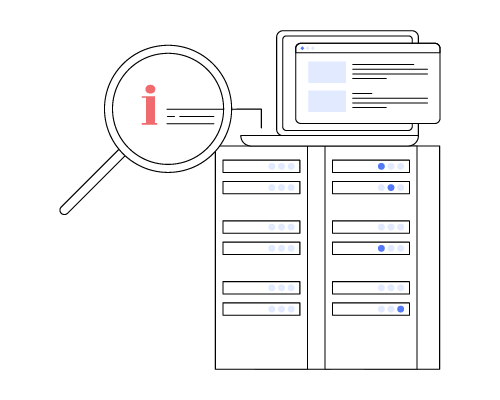
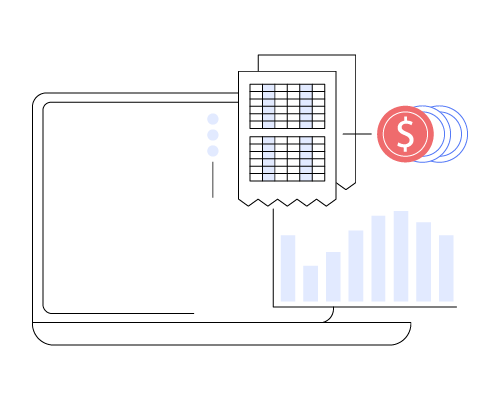
Accounting System
The Accounting System effectively manages patient accounts and other financial operations, including general accounting and all financial management within healthcare facilities. Using HIS’ administrative solutions streamlines the management of balances, enhancing the efficiency of financial operations. The system provides comprehensive features for managing multiple aspects of finance, including multi-faceted insurance management.
Billing and Medical Invoicing
This system optimizes the financial operations within healthcare by streamlining invoicing processes and reducing manual efforts, thereby extinguishing potential errors. HIS facilitates the creation of single, group invoices and receipts for both patients and third-party payers. This automation reduces the workload on administrative staff and allows for more seamless administrative processes, ensuring timely, accurate billing.
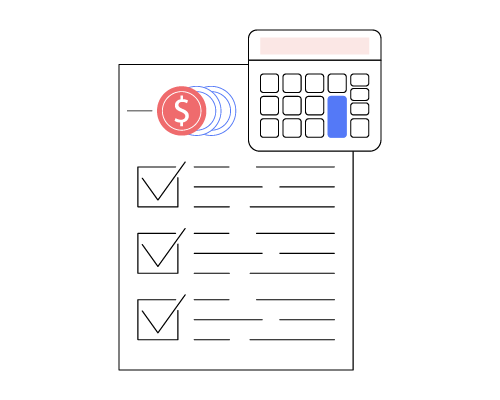
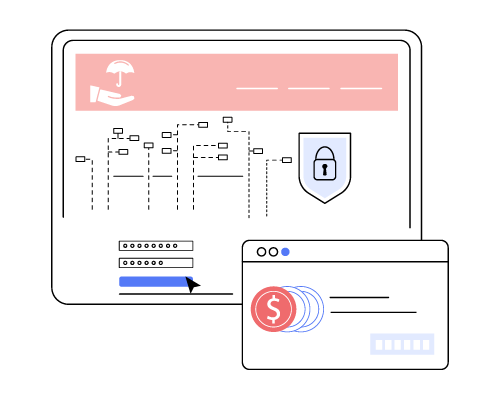
Integration with Insurance Companies and Managing Reimbursement
Hospital Information System enhances the synergy between healthcare providers and insurers, ensuring efficient claim submissions and processing through seamless communication and data exchange. It simplifies understanding medical expenses and insurance coverage for patients while also handling the entire spectrum of patient claims and insurance reimbursements. This integration speeds up reimbursements and transactions and supports financial stability for healthcare facilities through effective digitalization, streamlining administrative workload and financial management.
Inventory Management
Inventory Management is an important component of the Hospital Information System. It manages medications, medical devices and all inventory under the healthcare provider's responsibility. It ensures accurate tracking of inventory levels, facilitates timely reordering and minimizes the risk of stockouts or excess inventory. By maintaining a comprehensive overview of the resources, this module significantly contributes to optimizing operational efficiency and supporting the delivery of quality patient care.

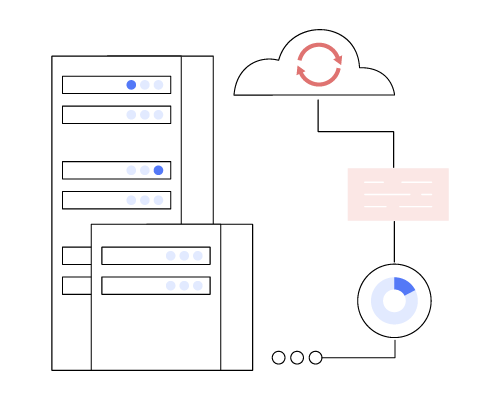
System Configuration
This feature in the Hospital Information System plays a critical role in overseeing the entire information systems’ setup. This includes critical tasks such as managing user roles, updating medical terminologies and controlling lookup tables. It is the backbone of the system, ensuring that all components operate harmoniously and efficiently, facilitating a seamless healthcare administrative process.
Advanced Analytics and Reporting
Advanced Analytics and Reporting is designed to provide reports that contribute to analysis and decision-making processes. It offers a variety of reports, such as Patient Application Statistics by various filters (physician, branch, payment and insurance type, region, gender, age), Inventory Reports, Financial Reports and Reimbursement and Insurance Management. This feature empowers healthcare providers with critical insights into operational efficiency, patient demographics, profitability and resource management, facilitating informed strategic planning and operational improvements.
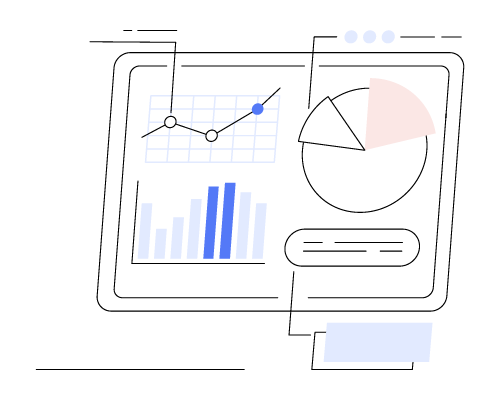
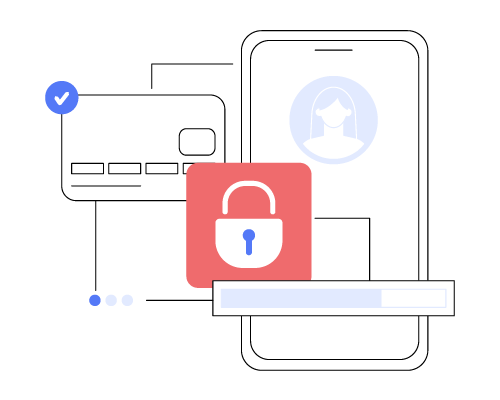
Effective Access Control Management
The HIS incorporates sophisticated features designed to define and manage the diverse roles and responsibilities within a healthcare facility. These features accommodate various user roles, such as Front Office Staff, Physicians, Nurses, Lab and Imaging Technicians, Pharmacy users, and System Administrators, each with specific task definitions and access permissions. The system provides secure and efficient access to necessary information and systems by customizing user roles and functions to align with operational needs. It improves the efficiency of workflows and manages access processes in the healthcare facility.
Demand Management
Designed to enhance the efficiency of internal and external demand processes of healthcare facilities, the system facilitates the coordination and fulfillment of various requests, from medical supplies to patient care services, ensuring timely and effective responses to needs. By optimizing the management of these demands, the system significantly improves operational efficiency and supports delivering high-quality healthcare services.
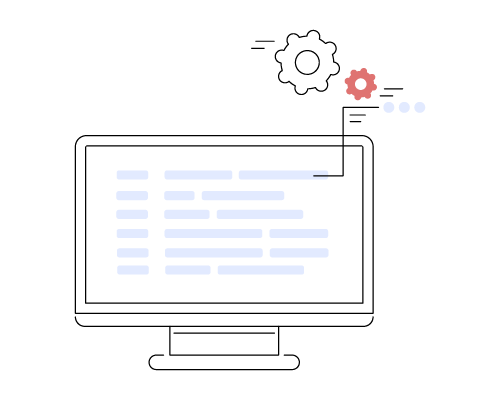
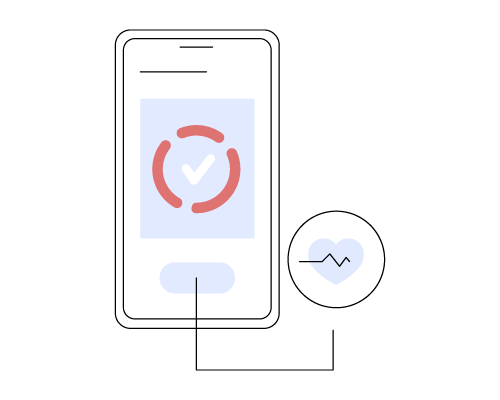
Training Module with User-Friendly Interface
The Hospital Information System is equipped with a user-friendly interface and interactive training modules designed to facilitate rapid learning and ease of use. Thus, users use the system effectively in a shorter time and benefit more from platform training. Providing intuitive design and comprehensive training resources, the system facilitates employees' training journeys and makes the process more efficient.
Internal and External Integrations
Administrative Solutions ensures holistic healthcare delivery management by utilizing internal and external integrations with information systems such as Administrative Solutions, Clinical Systems, Electronic Health Records (EHR), e-Prescription, Insurance and Reimbursement Agencies. These integrations not only simplify the management of administrative workflows by seamlessly sharing data between different systems but also improve interoperability capacity.
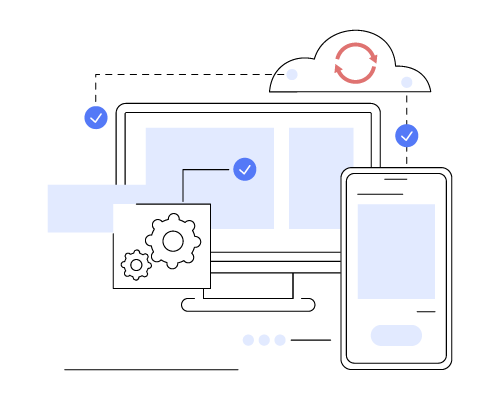
Benefits for Patients
Enhanced Healthcare Quality
Efficient processes, reduced errors and electronic administrative patient records enable higher quality healthcare services.
Invoice, Insurance and
Reimbursement Convenience
HIS streamlines and facilitates Invoice, Insurance and Reimbursement processes.
Data Security &
Privacy
Securely stores patients' personal and health data, ensures privacy and protects from unauthorized access.
Faster and
Uninterrupted Care
Administrative solutions optimize all processes, ensuring faster and uninterrupted healthcare services for patients.
Benefits for Health Professionals
Coordinated Clinical and Administrative Processes
The coordinated management of clinical and administrative processes helps healthcare professionals make fewer mistakes and manage treatment processes more effectively.
Reduced
Workloads
Automates repetitive tasks, reduces the need for manual intervention and simplifies complex processes.
Efficient
Workflows
Improves processes, minimizes errors, and optimizes workflows to deliver quality healthcare services.
Patient-Centered
Care
Digitizing administrative processes allows healthcare professionals to spend more time on patient-focused tasks rather than bureaucratic duties.
Benefits for Healthcare Systems, Providers and Authorities
Budget Control and
Financial Analysis
Offers budget control and financial analysis capabilities, ensuring the effective use of resources.
Strategic Planning &
Policy Development
Provides data analytics and reporting tools for strategic planning and policy formation to all stakeholders.
Effective and Quality Healthcare Delivery
With resource management and process optimization, the quality of healthcare services improves and the overall efficiency of healthcare systems increases.
Compliance with
Regulations and Standards
Ensures that healthcare facilities operate more compliantly and effectively with health regulations and standards.